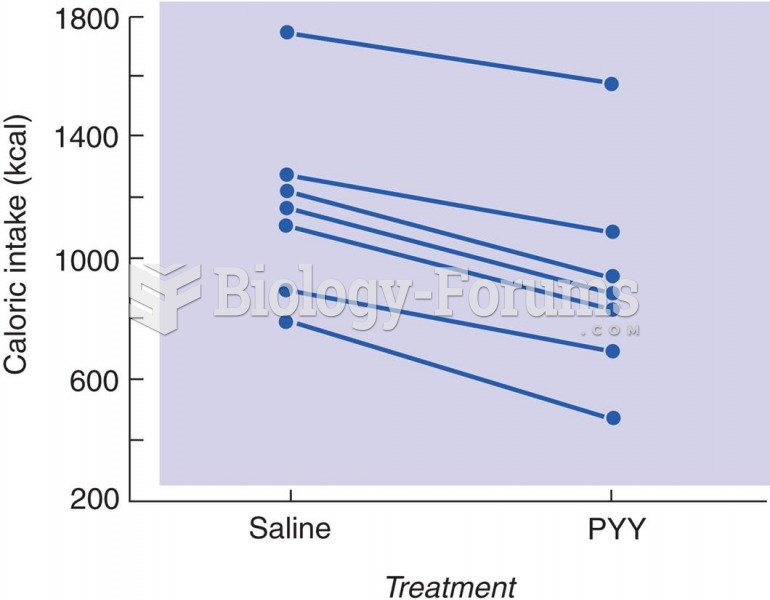Answer to Question 1
1, 3
Rationale:
1. Hypotension can be prevented by preloading with rapid IV infusion followed by continuous IV infusion. Variability of FHR and late decelerations can occur if maternal hypotension occurs. Continuing FHR monitoring is essential.
2. Hypotension can be prevented by preloading with rapid IV infusion followed by continuous IV infusion. Variability of FHR and late decelerations can occur if maternal hypotension occurs. Continuing FHR monitoring is essential.
3. Hypotension can be prevented by preloading with rapid IV infusion followed by continuous IV infusion. Variability of FHR and late decelerations can occur if maternal hypotension occurs. Continuing FHR monitoring is essential.
4. Hypotension can be prevented by preloading with rapid IV infusion followed by continuous IV infusion. Variability of FHR and late decelerations can occur if maternal hypotension occurs. Continuing FHR monitoring is essential.
Answer to Question 2
3
Rationale:
1. The normal screening tests for newborns are done to detect disorders that cause mental retardation, physical handicaps, or death if left undiscovered. The testing will not prevent any disorders, and will not detect hypertension or diabetes.
2. The normal screening tests for newborns are done to detect disorders that cause mental retardation, physical handicaps, or death if left undiscovered. The testing will not prevent any disorders, and will not detect hypertension or diabetes.
3. The normal screening tests for newborns are done to detect disorders that cause mental retardation, physical handicaps, or death if left undiscovered. The testing will not prevent any disorders, and will not detect hypertension or diabetes.
4. The normal screening tests for newborns are done to detect disorders that cause mental retardation, physical handicaps, or death if left undiscovered. The testing will not prevent any disorders, and will not detect hypertension or diabetes.







